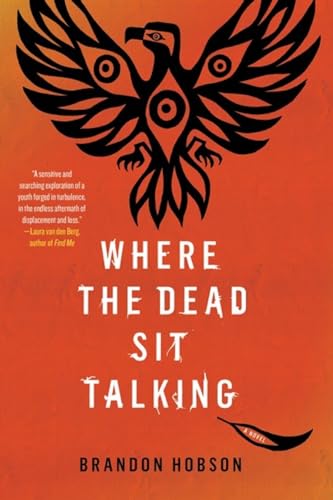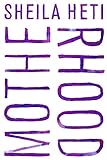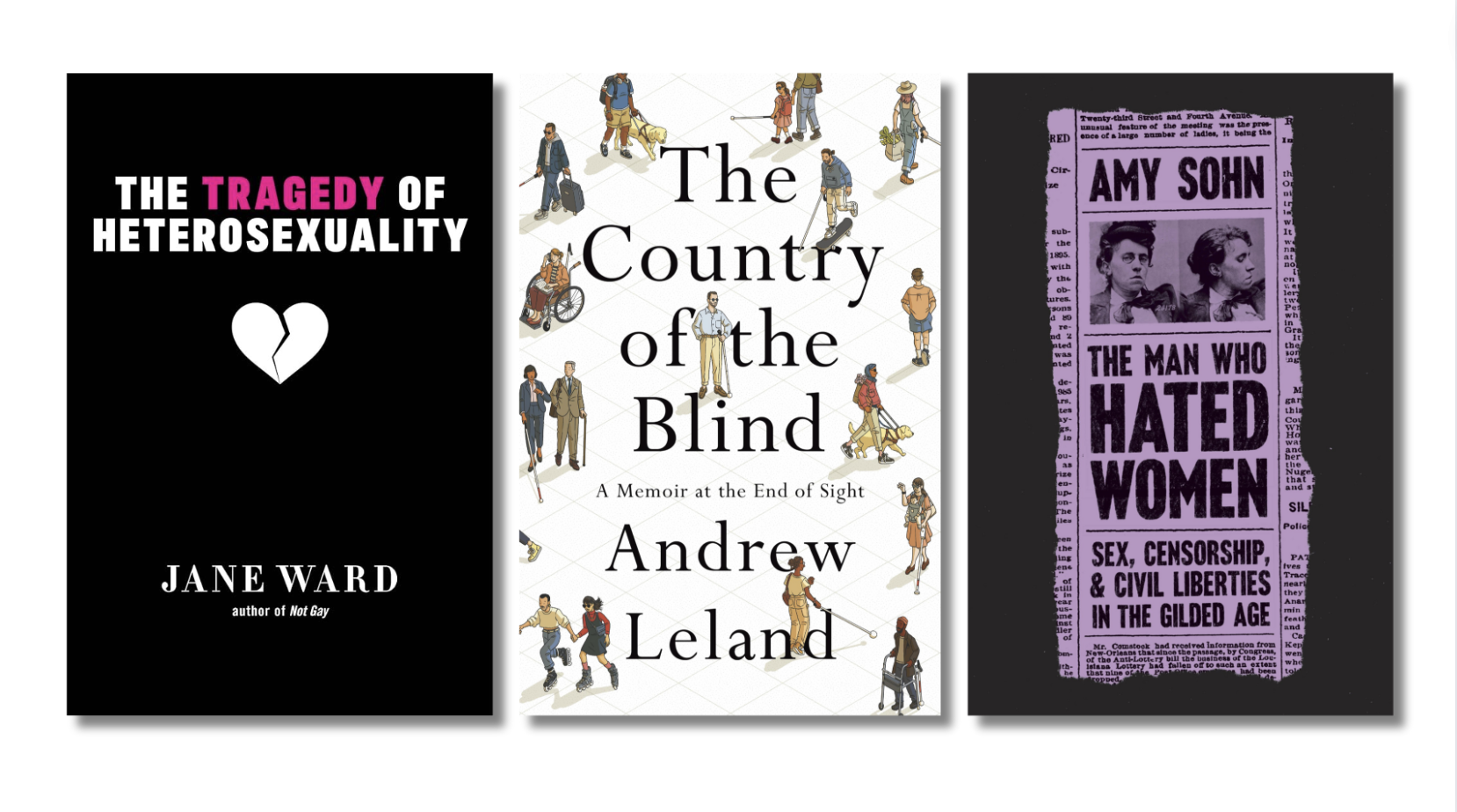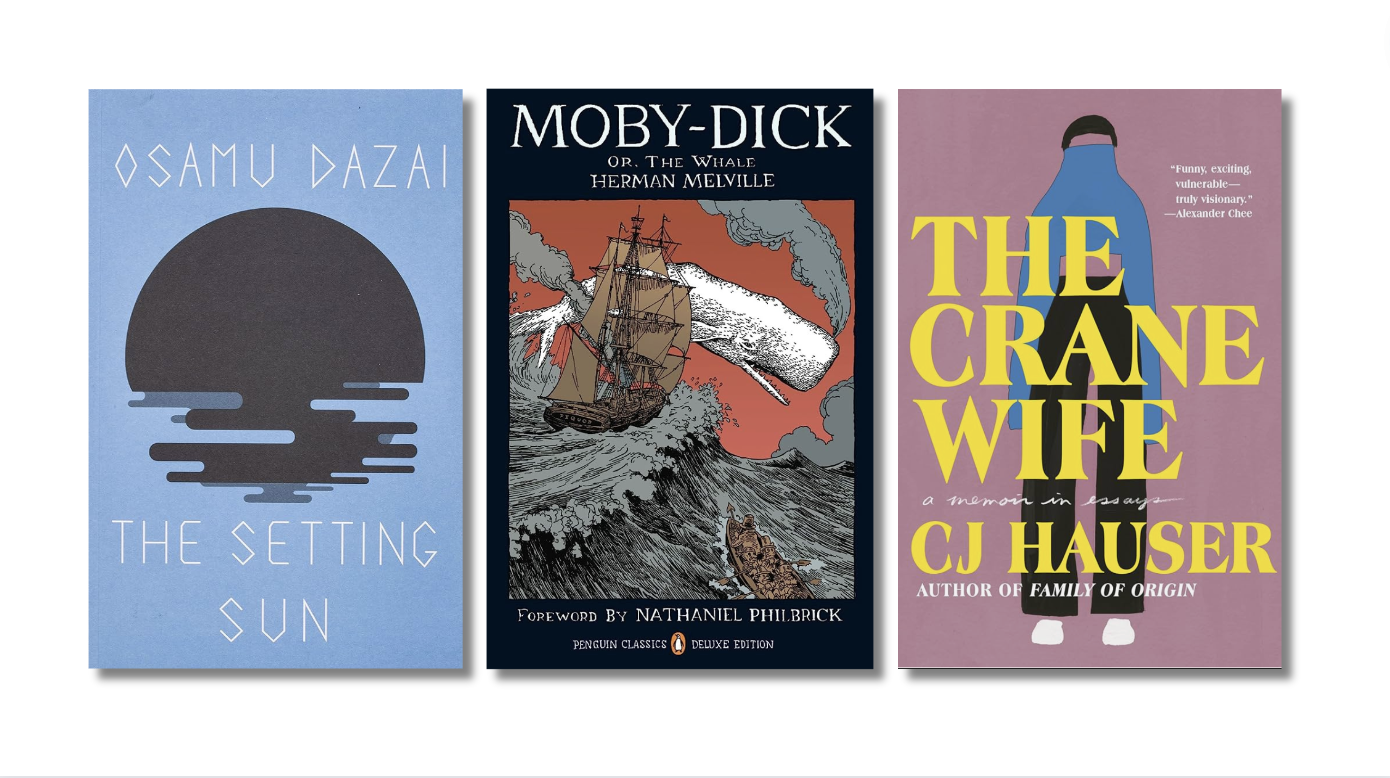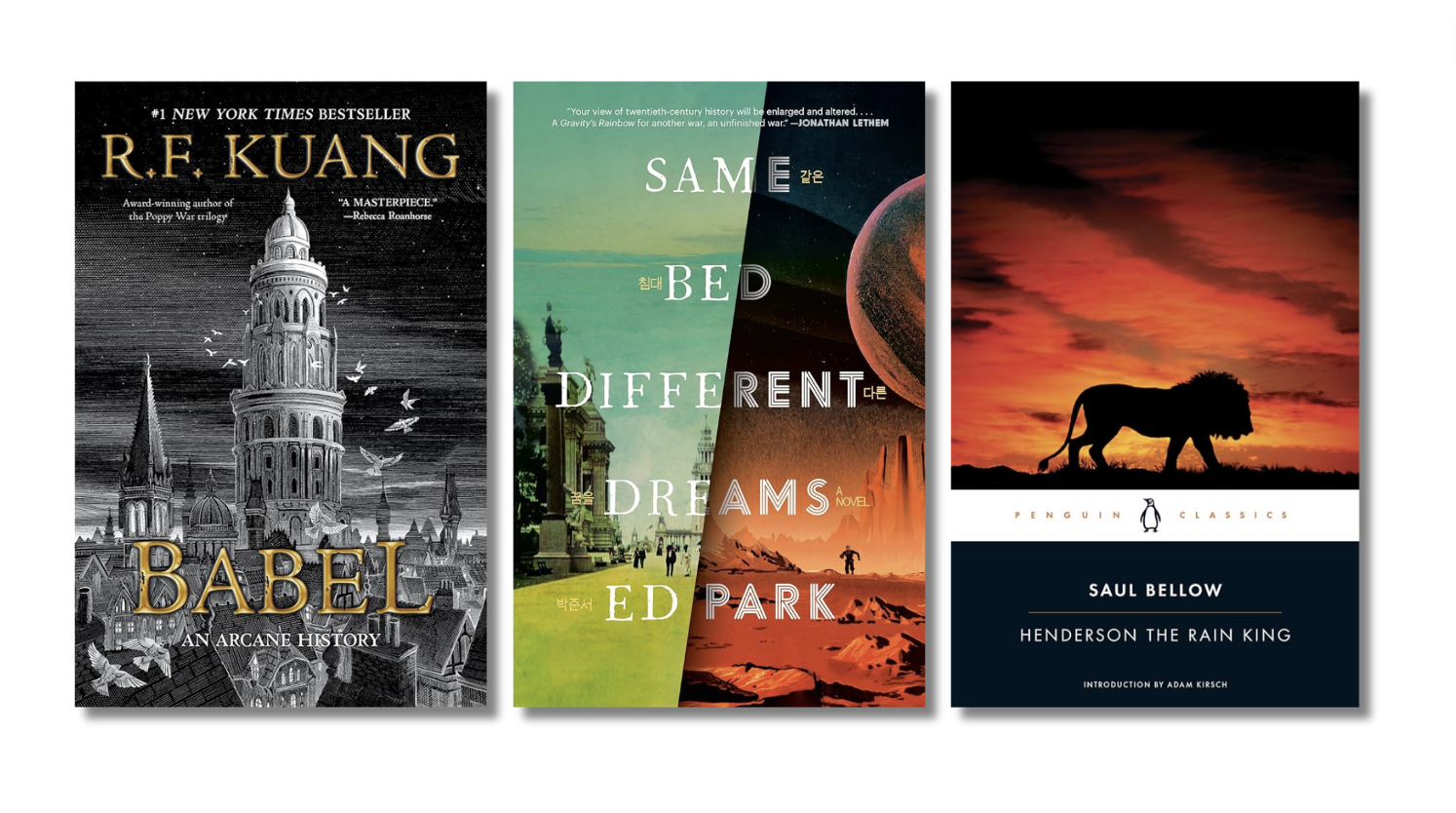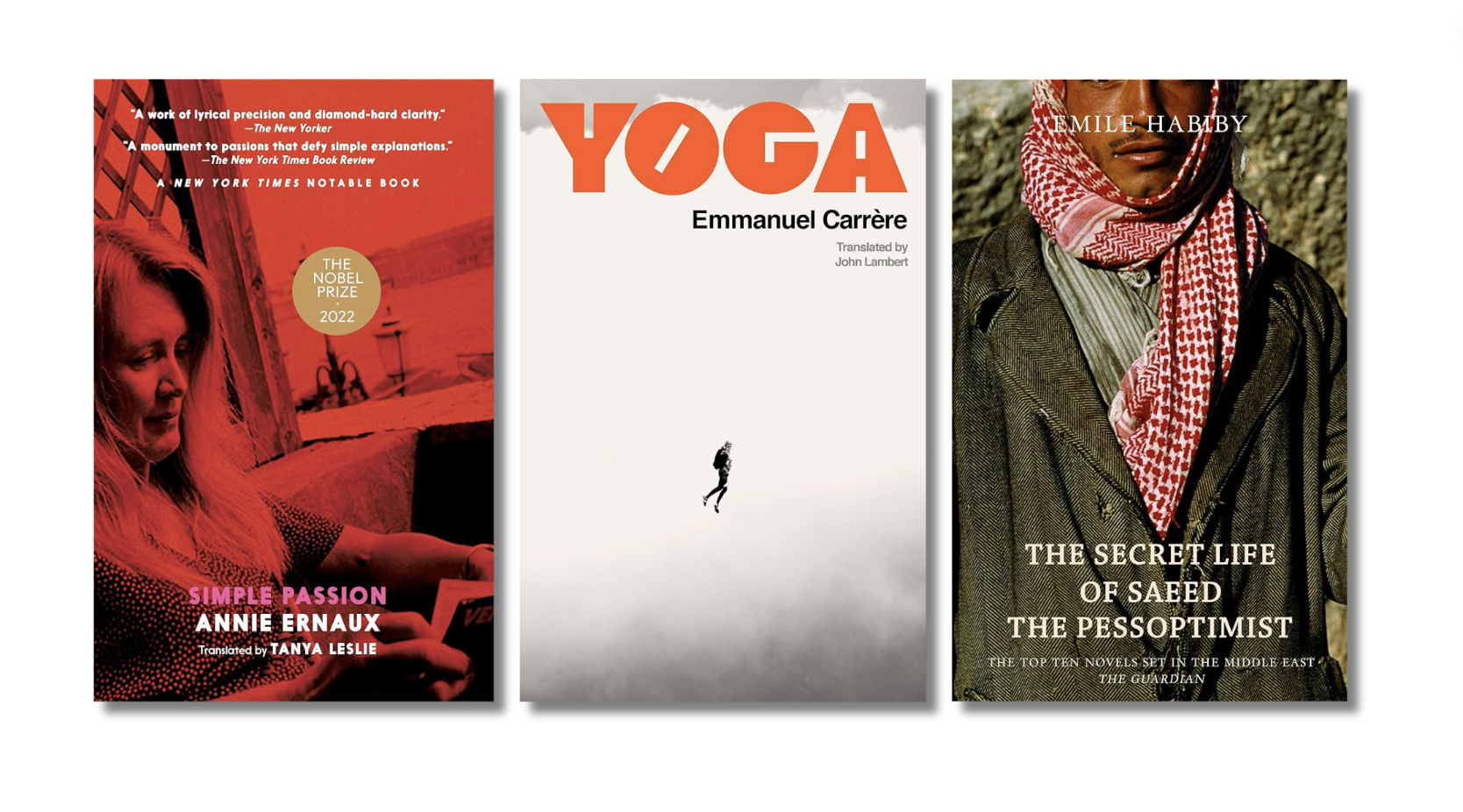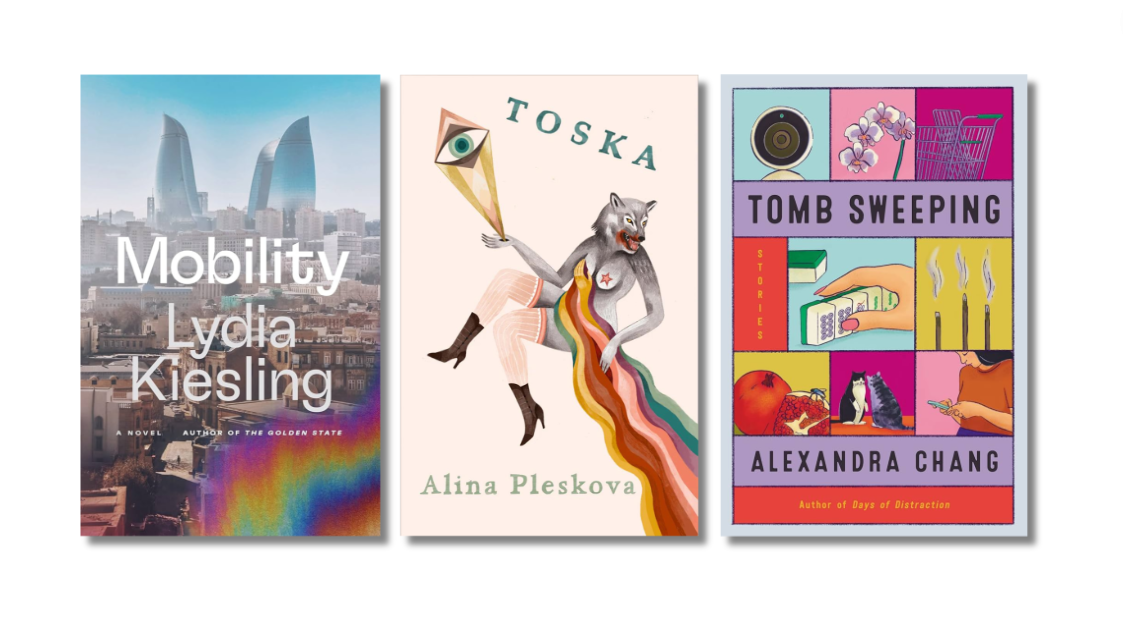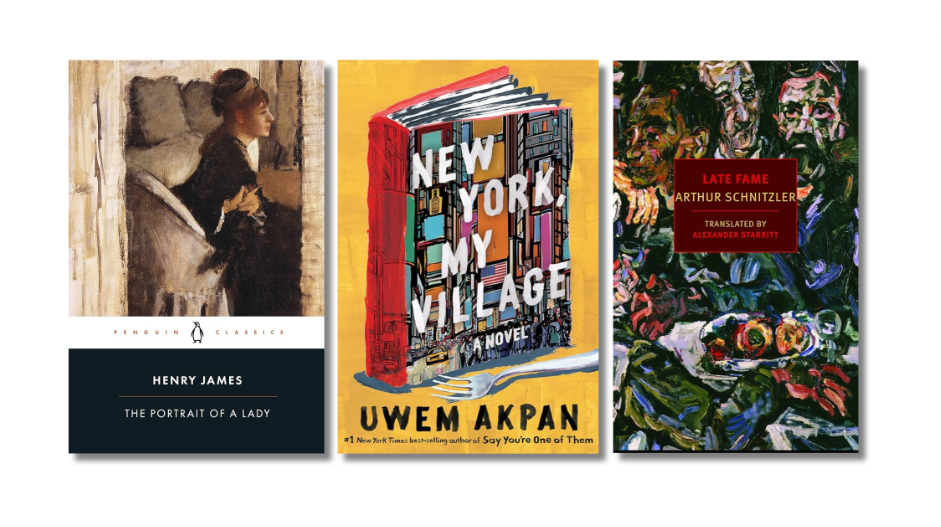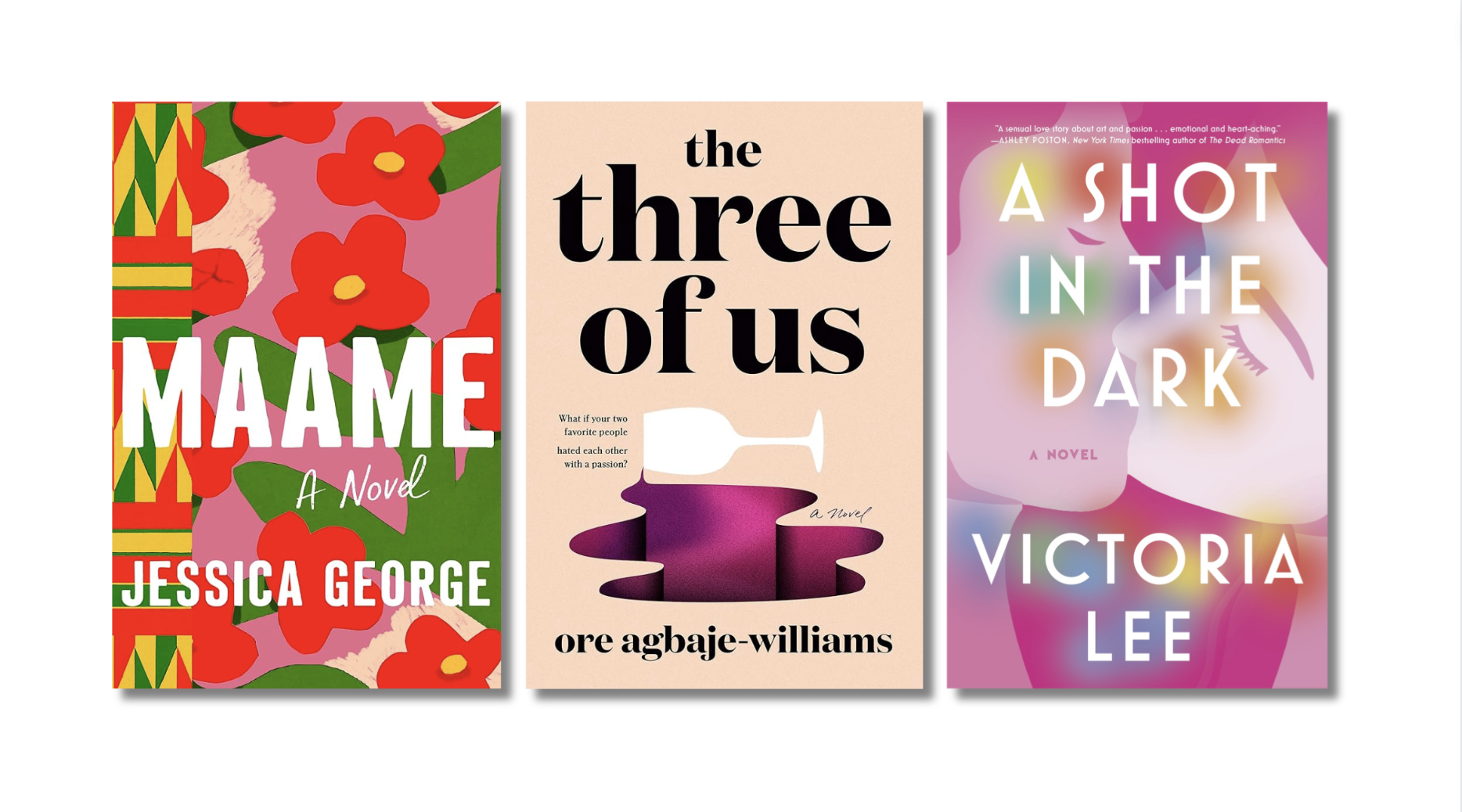The year began with Mexican beaches and ceviche and morning yoga during a much-needed sanctuary from Chicago winter and the latent anxiety that was plaguing me. This was an ideal setting to engage in the drama of someone else’s fucked-up life and fraught desire—perhaps I was seeking catharsis of some kind? Well, if so  Elizabeth Ellen’s auto-fictional novel Person/a, provided it. Person/a is a tale of a once-requited turned unrequited love cum obsession, accompanied by a crumbling marriage (no surprise) and self-imposed isolation. The novel includes emails and chat sessions and text messages and almost like a preface, rejections to Ellen’s manuscript queries. It’s all so wonderfully messy and unnerving, it feels like it shouldn’t hold but it does. In an age where I Love Dick has been subsumed by the mainstream, Person/a still reads as raw and suppurating. Fleur Jaeggy’s I am the Brother of XX didn’t fare as well at the beach. No fault of the book that the sun was too adamant, the breeze too gentle for its dark melancholia, its haute cynicism. It’s better read on a bleak winter day, when the air is already laced with desperation. I am not sure how one writes so beautifully about melancholy, how to make envy so alluring, and yet Jaeggy’s a master.
Elizabeth Ellen’s auto-fictional novel Person/a, provided it. Person/a is a tale of a once-requited turned unrequited love cum obsession, accompanied by a crumbling marriage (no surprise) and self-imposed isolation. The novel includes emails and chat sessions and text messages and almost like a preface, rejections to Ellen’s manuscript queries. It’s all so wonderfully messy and unnerving, it feels like it shouldn’t hold but it does. In an age where I Love Dick has been subsumed by the mainstream, Person/a still reads as raw and suppurating. Fleur Jaeggy’s I am the Brother of XX didn’t fare as well at the beach. No fault of the book that the sun was too adamant, the breeze too gentle for its dark melancholia, its haute cynicism. It’s better read on a bleak winter day, when the air is already laced with desperation. I am not sure how one writes so beautifully about melancholy, how to make envy so alluring, and yet Jaeggy’s a master.
 Elizabeth Ellen’s auto-fictional novel Person/a, provided it. Person/a is a tale of a once-requited turned unrequited love cum obsession, accompanied by a crumbling marriage (no surprise) and self-imposed isolation. The novel includes emails and chat sessions and text messages and almost like a preface, rejections to Ellen’s manuscript queries. It’s all so wonderfully messy and unnerving, it feels like it shouldn’t hold but it does. In an age where I Love Dick has been subsumed by the mainstream, Person/a still reads as raw and suppurating. Fleur Jaeggy’s I am the Brother of XX didn’t fare as well at the beach. No fault of the book that the sun was too adamant, the breeze too gentle for its dark melancholia, its haute cynicism. It’s better read on a bleak winter day, when the air is already laced with desperation. I am not sure how one writes so beautifully about melancholy, how to make envy so alluring, and yet Jaeggy’s a master.
Elizabeth Ellen’s auto-fictional novel Person/a, provided it. Person/a is a tale of a once-requited turned unrequited love cum obsession, accompanied by a crumbling marriage (no surprise) and self-imposed isolation. The novel includes emails and chat sessions and text messages and almost like a preface, rejections to Ellen’s manuscript queries. It’s all so wonderfully messy and unnerving, it feels like it shouldn’t hold but it does. In an age where I Love Dick has been subsumed by the mainstream, Person/a still reads as raw and suppurating. Fleur Jaeggy’s I am the Brother of XX didn’t fare as well at the beach. No fault of the book that the sun was too adamant, the breeze too gentle for its dark melancholia, its haute cynicism. It’s better read on a bleak winter day, when the air is already laced with desperation. I am not sure how one writes so beautifully about melancholy, how to make envy so alluring, and yet Jaeggy’s a master.Obsession runs through yet another favorite — Lynne Tillman’s Men and Apparitions is an obsessive’s compendium. The sprawling novel contains anthropological disquisitions on photography and our cultural inundation in images, and ends with the narrator Zeke’s attempt to delineate the new masculinity belonging to the sons of second wave feminists. Zeke’s survey on the “New Man” ends the novel, with questions Tillman had posed to male subjects accompanied by a selection of answers. Tillman’s choice to open the novel to a survey of voices conjures a conversation from Sigrid Nunez’s The Friend, where the narrator argues that novels are not very good at conjuring our contemporary reality and that documentary fiction, such as Svetlana Alexeivich’s “novels in voices” seem to do a much better job.
Despite my skepticism about any dog-centric story (the dog here being the narrator’s inheritance from the titular dead friend), The Friend became my constant companion for a few short days. Nunez plays with the conceit of the novel in a way that brings the “truth” of the main narrative into question, it’s a wonderfully surprising turn, and that’s as much as I’ll say to avoid spoiling it.
Many of the novels that stayed with me hijacked my expectations of what a novel is or can do. Dubravka Ugresic’s novel Fox was sly enough to seemingly shift forms while reading. I knew it was a novel going in, and yet by the time I was in the thick of it I questioned this until I was assured the book was definitively nonfiction. But then there were moments that gave me pause — such as when on a butterfly hunt, Nabokov’s companion’s skirt flies up to reveal a butterfly resting on her pubis. What’s true and what’s not? Fox is cunning and places this ambiguity at the forefront, for the novel is concerned with what makes up a narrative and, specifically, how stories come to be written.
Sheila Heti’s Motherhood is nothing like Fox in its material — confronting a deep-seated ambivalence and desire about becoming a mother — and yet both books retool the novel’s form. Heti engages with the I Ching as a dialogic partner as she delves into an inquiry about whether Sheila and Miles should have children, and with uncanny results. (Incredibly, Heti notes that the answers from her coin tosses have not been manipulated.) If you aren’t subsumed by the desire to have children, if you’re female and an artist and that window of opportunity is closing, how do you decide? Heti’s commitment to exhausting the question illuminates fears wedged in the crevices of my own mind, such as how can you be both writer and mother without some type of neglect or resentment towards one or both roles? (which I know isn’t true, and yet…)
I picked up Leni Zumas‘s Red Clocks while visiting family in a small coastal town in Oregon, a town serendipitously much like the one where the book is set. Being there I felt even more subsumed by the lush language and descriptions of the coast and dense forest, and was in awe of the nearly mystical powers possessed by herbalist abortionist whose power is derived from her knowledge the natural surroundings. Also, I was delighted to learn that ‘red clock’ means ‘womb’.
Delight is just the word I’d use to describe reading Sabrina Orah Mark’s story collection Wild Milk, whose tales are surreal and playful and seem deceptively simple despite their profound linguistic and imaginative play. Rita Bullwinkell’s collection Belly Up is just as playful and profound, though her stories delve deeper and darker. They floor me with unexpected turns, slippages into the surreal, and their vast emotional registers.
I’m a little late to the party, as everyone’s championing Laura van den Berg‘s The Third Hotel, but I just encountered her Find Me this summer. I read it twice, and became obsessed with its own obsessions with memory and loss and what’s inaccessible, its esoteric theories about immunity to the ongoing epidemic, and the fracturing effects of trauma and absence. On Joy’s ever-meandering bus ride, all seems like a dream: the bus is never heading where she thinks, she keeps getting deterred on her way. Perhaps it’s a metaphor for life, or perhaps she’s she lost her mind? I love that both readings seem plausible.
Unlike Joy, Sequoyah in Brandon Hobson’s Where the Dead Sit Talking knows where his mother is (she’s incarcerated); though like Joy he’s suffered abuse and has been shuffled through the foster system. He’s so tender and adrift, but finds connection in his relationship to his older foster sister Rosemary, and their shared Native American heritage. They’re all so flawed and awkward and completely alive on the page.
The dead do talk in Shelley Jackson’s Riddance: Or: The Sybil Joines Vocational School for Ghost Speakers & Hearing-Mouth Children. It’s an enigma of a novel about a boarding school for stuttering children whose impediment, or rather, gift, allows them to effectively speak the dead’s voices . The novel is a linguistic and imaginative feat, as well as a gorgeous object to behold. Interspersed between chapters is documentation of artifacts, images, and illustrations, which only an imagination as wonderfully freaky as designer Zach Dodson could pull off. Is it a cliche to say it’s enchanting? Though Riddance’s main obsession is with a murder mystery, at its core it’s also a philosophical consideration of translation and writing, and the voices that exist beyond the grave.
More from A Year in Reading 2018
Don’t miss: A Year in Reading 2017, 2016, 2015, 2014, 2013, 2012, 2011, 2010, 2009, 2008, 2007, 2006, 2005









